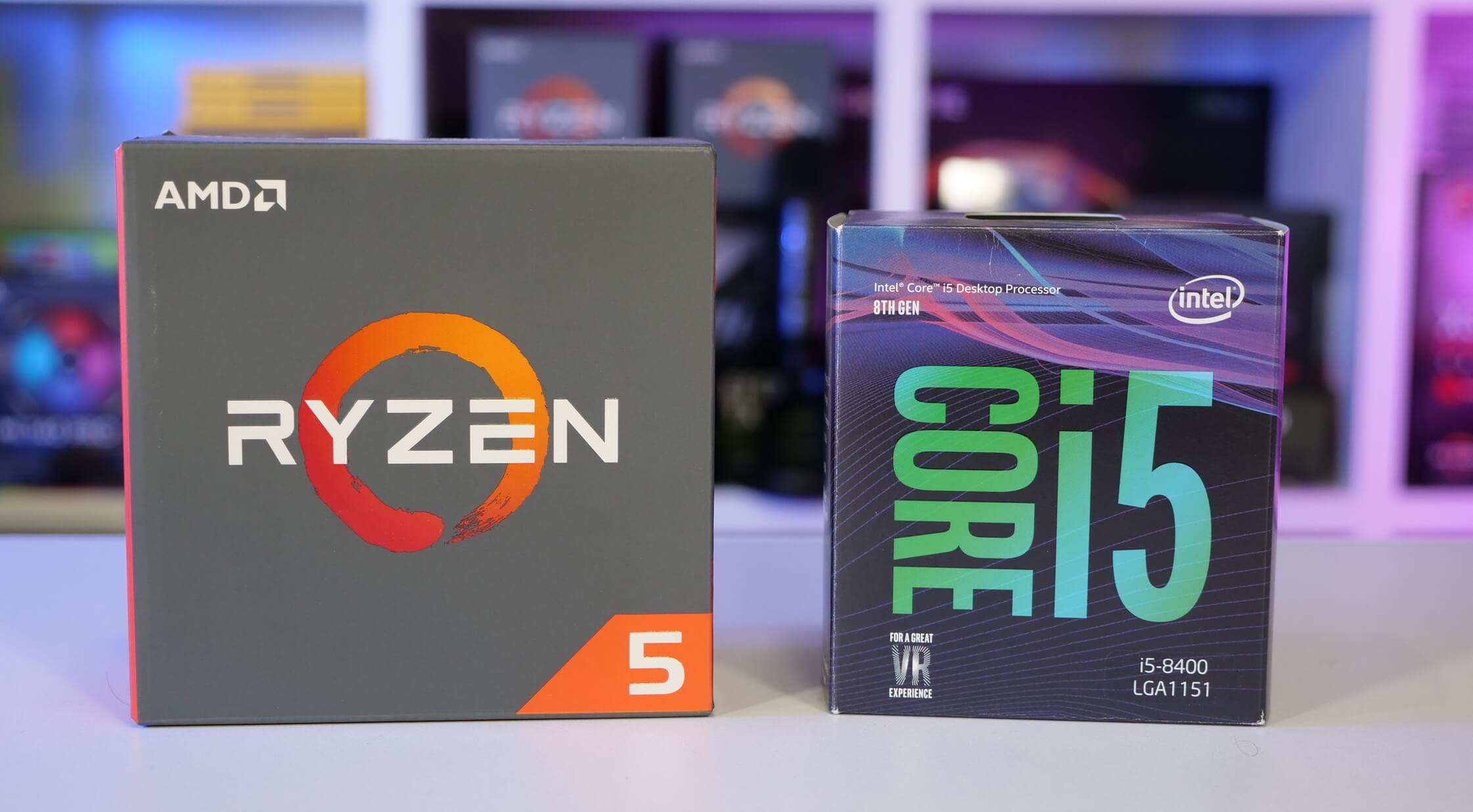The previous review was starting with a 720p chart. My objections back then was that it shouldn't.
"Battlefield 1 brought disappointing numbers for Ryzen right off the bat." was what someone was reading under that chart.
"Some will say they are realistic as they show gamers how much difference they will really see under conditions they intend to play. The other side being that it's hiding how much faster the Intel CPUs are and with faster GPUs that margin will open up in the future."
That's something you latter read about 1080p results in the first page and while both options are mentioned, anyone who would like to be safe than sorry, will go with the second opinion.
Before that, about 8400's valuation
"You're essentially getting 7700K like performance (slightly better) for a much lower price, when looking at the MSRP anyway."
People are already sold to 8400. No reason to look at the other pages, other than curiosity maybe.
Of course in the second page we see Ryzen beating 8400. Should we have any doubts about which one is the better option? Nope.....
"Here we see something different to the results just shown when testing Battlefield 1. I'm not sure what it is about Civilization VI but the game runs significantly better on AMD's Ryzen CPUs when using a Radeon graphics card (when playing in the DirectX 12 mode).
It's hard to say if this is an indication of how future native DirectX 12 titles will perform on Ryzen in relation to Intel, or if this title is just some strange anomaly."
.........It's an anomaly. Or at least, when 8400 wins, it's crystal clear. The one time Ryzen wins. Well, that needs more investigation...
In the comments we had a dialog where I was insisting that you can't predict how games will perform in today's processors. Game engines change, new optimizations for Ryzen processors could be introduced, requirements could change asking for at least 8 cores/threads. You insisted that you can do good enough predictions, I pointed at some results proving my point, you replied that you have improved your testing.
What was certain in the last review, now it is not
"Which CPU will offer the best experience in 2-3 years time is anyone's guess, I wouldn’t dare waste your time speculating about such a thing."
Let me be clear here. I should shut the h up. I mean, I read the review I was expecting to read a year ago, with a few extra points in favor of Ryzen in the conclusion as icing on the cake, and I make you regret it. I should shut up now.

